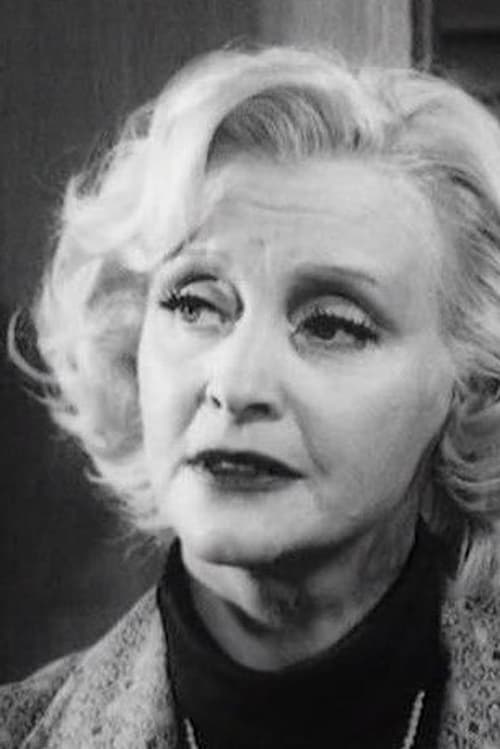Hélène Surgère
出生 : 1928-10-20, France
死亡 : 2011-03-27
略歴
Hélène Surgère was born on October 20, 1928 in Caudéran, Bordeaux, Gironde, France as Hélène Marcelle Simone Collet. She was an actress, known for Salò, or the 120 Days of Sodom (1975), The Divorce (2003) and Time Regained (1999). She died on March 27, 2011 in Paris, France.

After moving to Provence, Vecchiali started shooting a series of films that have Villa Mayerling as their main focus. Esotericism and intrigues bath the film around the character of Alain, a shady summer worker.

Mrs. De Léré
Jean-Marie Bigard plays Clérambard, a ruined squire, his family's slavery slave, cat taster, parish priest eater. Converted after an appearance of Saint Francis of Assisi, he becomes as violent in good as he was in evil. A tailor-made role! He no longer touches animals, even if they are insignificant, he finds purity in girls of joy, pleasure in destitution and he will preach this message on the roads, in a caravan, taking his family on its crusade of love .

Bonne-maman, la mère de François-Xavier

Yvonne
When Camille falls ill, she is forced to live with Philibert and Franck.

Concierge
French independent director Paul Vecchiali playfully bites the hand that periodically feeds him (and many of the nation's other creative filmmakers) in this dark comedy. Writer and director Vecchiali stars as a moviemaker named Paul Vecchiali, who is trying to complete his latest project, a dramatic love story about a young couple whose relationship is complicated by the man's addiction to drugs. Short on funds, Vecchiali approaches the National Cinema Center, who offer loans and grants to independent filmmakers whom they believe are deserving. The NCC is less than impressed with Vecchiali's latest script, and they turn him down, just as they have done a number of times in the past. Angry and determined that the NCC will never break the spirit of another director, Vecchiali and his crew block out a plan to assassinate the nine members of the funding board, though the press and public seem more bemused than outraged by the sudden rash of killings.
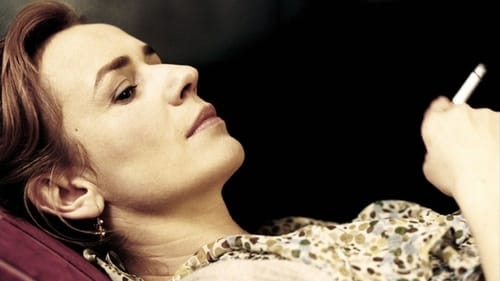
Mrs. Mulon
Because she picked the wrong door, Anna ends up confessing her marriage problems to a financial adviser named William Faber. Touched by her distress, somewhat excited as well, Faber does not have the courage to tell her that he is not a psychiatrist. From appointment to appointment, a strange ritual is created between them. William is moved and fascinated to hear the secrets no man ever heard.

Lingerie Saleswoman
While visiting her sister in Paris, a young woman finds romance and learns her brother-in-law is a philanderer.

Bernadette
A father is scheming to have his slightly mental daughter from an earlier marriage killed by allowing a murderous psychopath to be released from the asylum and led to his house. However, the psychopath and the daughter fall for each other.

La grand-mère
Etienne is crazy about ice skating and videoing his daily life with a digital camera. He records his mother, friends, and geography teacher. Initially his intention is to setup a date between his mother and his teacher, however, he starts to realize that he is infatuated with the teacher himself.

A thirty-three-minute documentary featuring interviews with director Pier Paolo Pasolini, actor-filmmaker Jean-Claude Biette, and Pasolini friend Ninetto Davoli.

Lise's mother
Lise is a Parisian prostitute who has a young son, Sebastien. Lise dotes on her boy, who has a gift for music and sings in a children's choir directed by aging parish priest Father Andre. Sebastien becomes involved in an auto accident that sends him into a coma; after he remains unconscious for three months, Lise begins to panic, desperate for a remedy that medical science can't provide. When she is told of a field in a village in rural France where a miracle is said to have occurred some years before -- an apparition of the Virgin Mary arrived to provide food for a group of starving children -- Lise wants to travel to the site of the miracle to pray for her son. She also insists that Father Andre come along, but the priest is not eager to go, due to his age, his health, and his increasing cynicism about religion. Lise is persistent, however, and before long the two are on the road in search of a much-needed miracle.
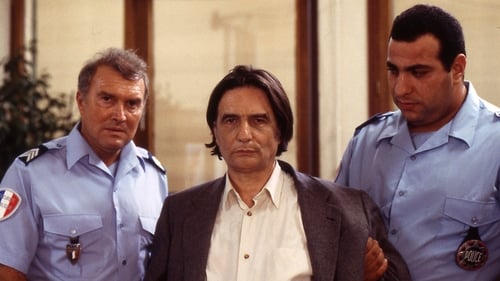
Miss Pingaux
François Marcorelle, an investigation magistrate in Chambéry, finds himself in the room of a young Polish girl that he met in a restaurant

Marcel Proust (1871-1922) is on his deathbed. Looking at photographs brings memories of his childhood, his youth, his lovers, and the way the Great War put an end to a stratum of society. His memories are in no particular order, they move back and forth in time. Marcel at various ages interacts with Odette, with the beautiful Gilberte and her doomed husband, with the pleasure-seeking Baron de Charlus, with Marcel's lover Albertine, and with others; present also in memory are Marcel's beloved mother and grandmother. It seems as if to live is to remember and to capture memories is to create a work of great art. The memories parallel the final volume of Proust's novel.

La marchande
From the director of Marius et Jeannette, this story of two working-class families is a fable with an optimist streak. A young black man, Francois, is wrongly accused of rape by a racist policeman. The story is told in voiceover by his childhood friend, neighbor, and the mother of his future child, Clementine, who is white. The city is Marseilles as in the previous film, symbolic with its churches, prisons and ruins. Except in this film, director Robert Guediguian also ventures outside, taking the story to Sarajevo; two different cities, one devastated by war, the other by a bad economy and unemployment. A la Place du coeur won a Special Jury Prize at the 1998 San Sebastian Film Festival and was also shown at the 1998 Toronto Film Festival and the 1998 Montreal Film Festival.

Mme Ramirez
Two rival "brothers-in-law" make a bet that they can stop smoking for 2 weeks. But, it's just not that easy...

Lili is twenty years old, has an English mother, a magician father, a voice from elsewhere and a gift that only children know: the power of her own desire. It all starts with a summer night: that summer, Lili and Bruno will find love.

Superiorin
Jeanne is a woman who is driven by her very active conscience. She attempts to assuage her idealistic bent by trying out life as a nun, but this doesn't work out. After she leaves the convent, she takes a job at a factory, where the callousness of management spurs her to become a labor activist. Her efforts are marked by great persistence and fervor, but she lacks any kind of diplomacy or persuasiveness, and as the years progress, she manages to alienate everyone in her life. By the end of the film, there is only one way that she can see to resolve the horrible situation she finds herself in.

Librarian
In a charming mixture of fantasy and reality, this film recalls the great musicals of Hollywood's Golden Age. Yves Montand, playing himself, returns to his hometown of Marseilles to appear in an autobiographical musical. Once there, he searches for the barmaid he once loved and also encounters young hopeful Marion, giving her the chance of a lifetime

In 1943, the young Jean rejects the Obligatory Work Service and returns to his native suburb. His house being occupied by the Germans, he decides to create an information network and begins to establish dangerous connections... A fair and discreet fresco of the turbulence that shook the intimate and collective life of the Occupation.
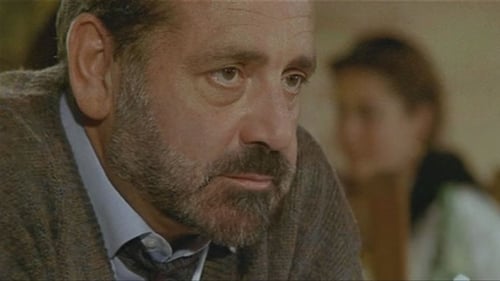
On the day Jean Gabin dies, a kidnaper who also takes a fortune in jewels heisted from Cartiers murders Simon Verini's wife. (Simon was fencing the jewels for a youthful gang who robbed Cartiers; he suspects them of the murder.) He's framed for the theft and spends ten years in prison, writing to his daughter, Marie-Sophie, who's 11 when he's sent away. Released, he reconnects to Marie-Sophie and to the young thieves, seeks revenge, and is quickly arrested again. She doesn't know what to make of her father, retreats to her Swiss fiancé, and is flummoxed when one of the young thieves falls for her. Is resolution possible when crime cuts across families and romance?
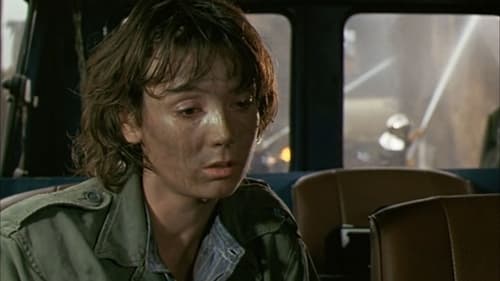
La mère de Claire
Claire Rousset visits her ex-husband Pierre who lives in the Lyon region. For some time now, Pierre's health and that of the other inhabitants of the village has deteriorated to the point of becoming worrying.

Nella

Suzanne
A woman returns after twenty years to Toulon where her husband, who collaborated with the nazis, was murdered. Her motives are unclear.

An American passing through France is hosted one stormy night by a couple who soon use his services shamelessly. A very curious way for the young foreigner to find his roots.

Barbra
A troubled young woman who lives alone in a rundown house meanders around and one day reveals a hidden talent when she goes into a bar, plays magnificently at the piano, and leaves as mysteriously as she came. Meanwhile, an unidentified man is on her trail and eventually tracks her down to the bar she had visited. As the dragnet around her closes in, it becomes apparent that the young woman's stepmother is behind the effort to locate her. But questions over why she is hiding out and what she is hiding from begin to take on more importance as the history of the young woman starts to surface.

Ginette is at phone with the famous Rachah Rangers, who hosts a daily radio program. She talks about her break with Richard, her various relationship problems, her desires, fears and reproaches. Her friend, Simone Barbes, advised her to live, urgently, a new relationship ...

La mère
Elisabeth, a 11 year old girl, visits Marcel, a mute gardener every morning with whom she shares a very particular friendship. During three years, their bond grows stronger, as Marcel seems to be the only person she can connect to.

Jeanne-Michèle
Pierrot, mechanic in Paris, falls madly for a female chemist his senior—who at first refuses him, only accepting love after being diagnosed with a deadly illness.
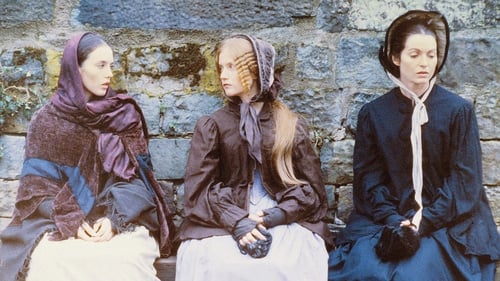
Mrs. Robinson
In a small presbytery in Yorkshire, England, living under the watchful eyes of their aunt and father, a strict Anglican pastor, the Bronte sisters write their first works and quickly become literary sensations.

Hélène Courtray
Camille, a young, provincial, proletarian man works for Hélène Courtray, who is still beautiful and seductive. She's a sophisticated, cultivated and well-to-do woman who has engaged him to care for her reclusive son who has spent the past few years voluntarily locked up in his room. An encounter between two persons and two worlds where the relationship of the young man to this closed, strange and unknown universe rapidly turns tragedy.

Une psychiatre
Pierre Lentier murders an 8-year-old in horrendous circumstances. This 30-something solitary factory worker who lives on the edge of society is sentenced to death. A damning indictment of the death penalty and the manipulative behaviour of the media.
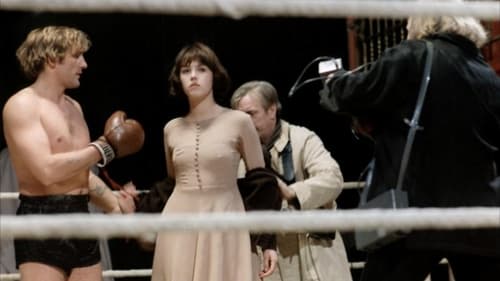
Antoinette
A woman falls in love with the man who killed her former boyfriend.

Signora Vaccari
Four corrupted fascist libertines round up 9 teenage boys and girls and subject them to 120 days of sadistic physical, mental and sexual torture.
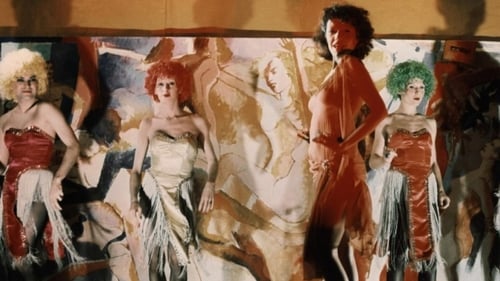
Françoise Bourgeois
A well-known politician receives a tape showing her son in a porno movie. She decides to hire a female detective to figure out who is trying to blackmail her.

Hélène
The fantasies and dreams of two over-the-hill actresses are intertwined with their realities, as the two roommates struggle to survive their day-to-day lives in the expensive and difficult world of Paris.
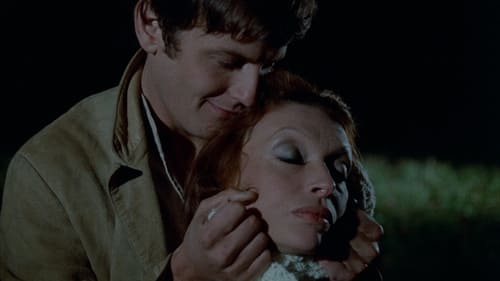
Helen, lonely actress
Unhappy women are being murdered by Emile, a psychotic young man suffering from the delusion that his acts are mercy killings. The detective assigned to track down the killer resorts to seriously unorthodox and even unethical methods to get his man.

La femme du psychiatre
Ginette Chaluzac, who has left Central France for Paris, now works as a seamstress in a modest workshop in the Marais district. Her life is quiet and uneventful until the day when, to her surprise, she receives a letter containing a hundred-franc banknote. The sender, who remains anonymous, renews his gift day after day and Ginette grows accustomed to the situation. Her material situation improves but after a while she starts asking herself questions about the one who sends her the money and his/her intentions. Till obsession. To make it clear in her mind she eventually decides to investigate...
